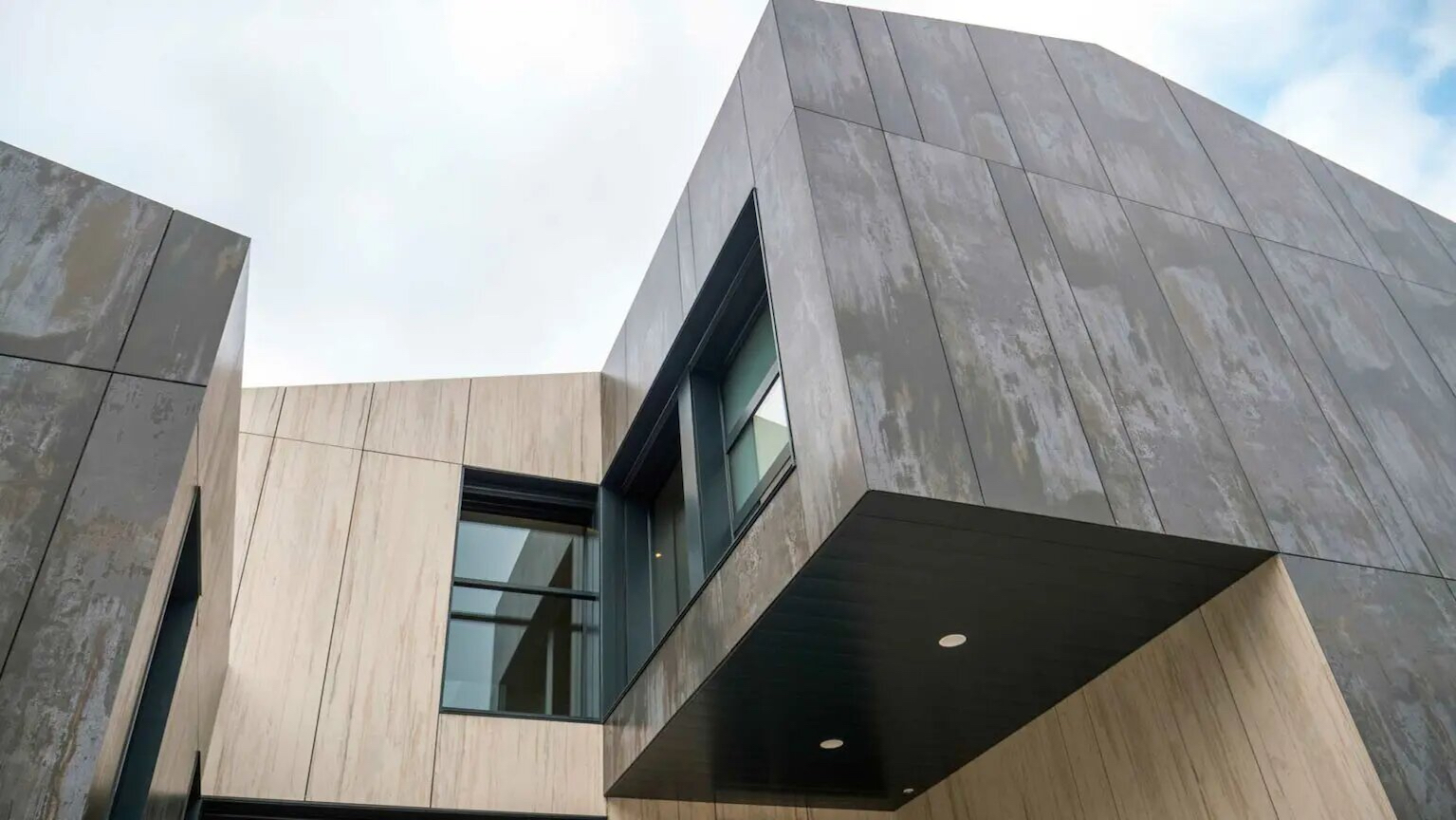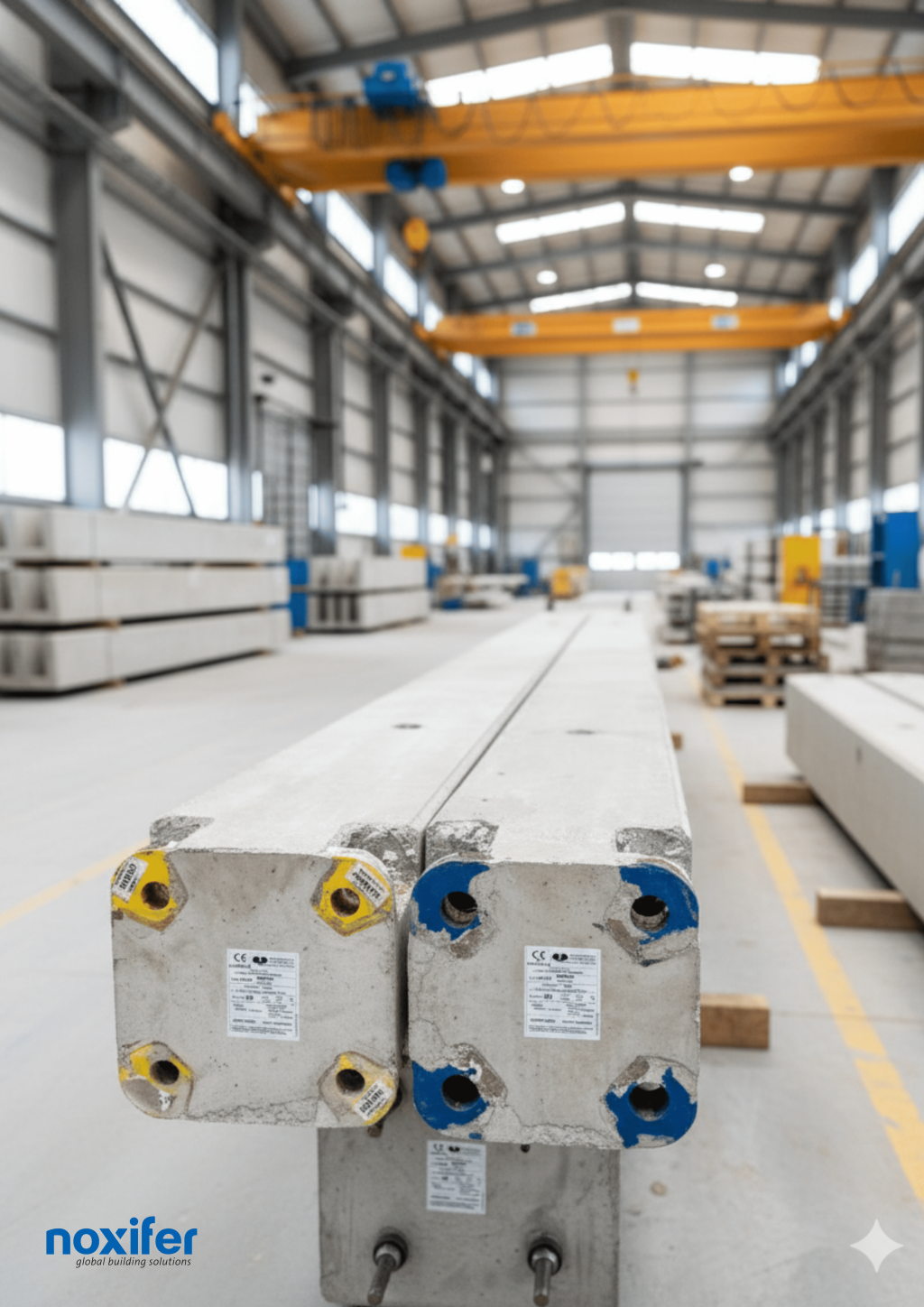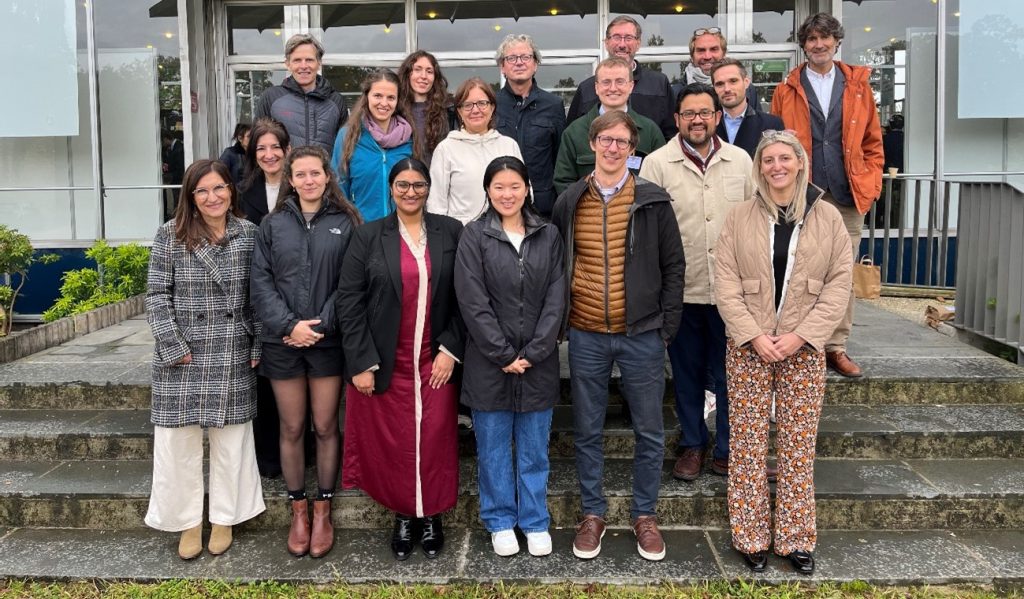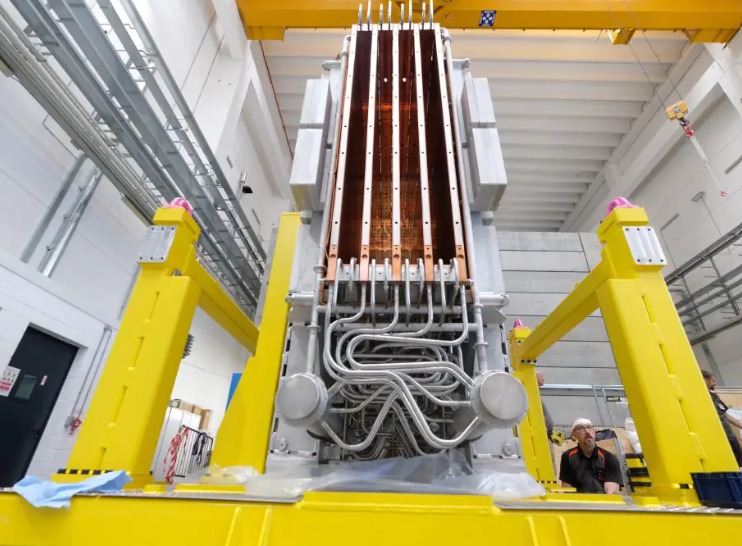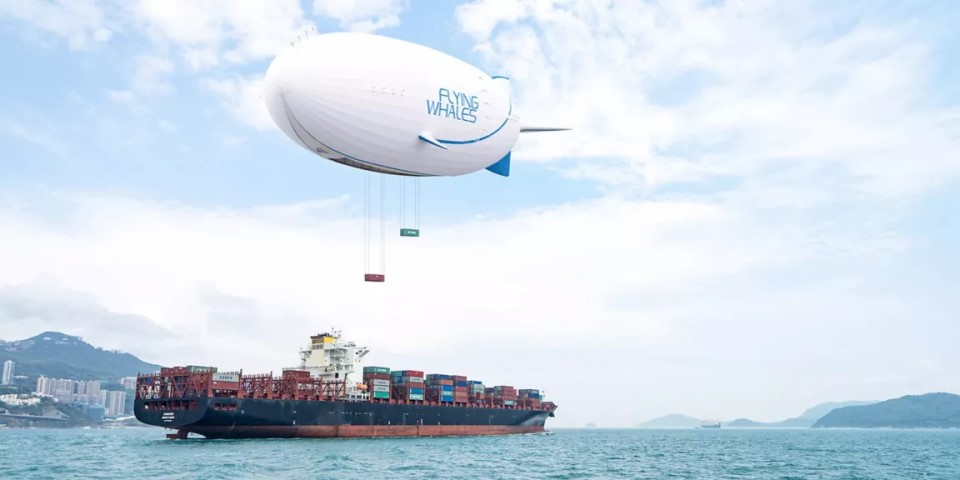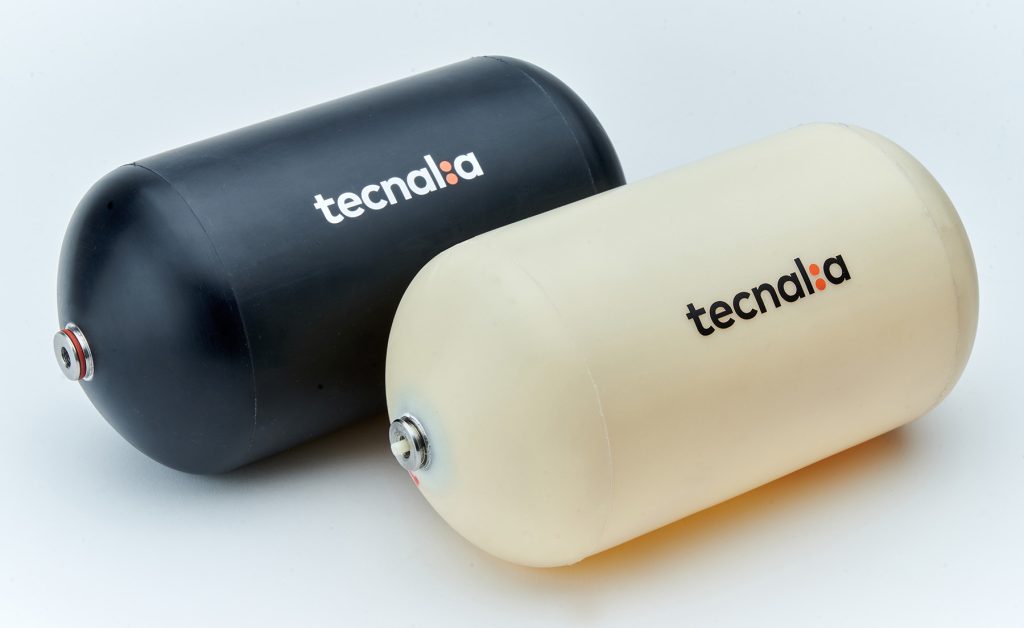“The solar reflectance index of a material enables it to be categorised according to its ability to mitigate the urban heat island effect”
COSENTINO entrusts TECNALIA with the optical characterisation tests of DEKTON® panels for ventilated cladding solutions in order to contribute to the sustainability and energy efficiency of the cities of the future
COSENTINO, aware of the need to provide products for more sustainable and healthy urban environments, has entrusted TECNALIA to optically characterise its DEKTON® panels (registered trademark of Cosentino Global S.L.U.); a carbon neutral product for its entire life cycle, intended for ventilated cladding solutions.
COSENTINO currently has SRI solar reflectance indexes for its DEKTON® ZENITH, AERIS, REM, HALO and ARIANE panels.
Determining the solar reflectance index (SRI) of a material through testing enables it to be categorised according to its ability to mitigate the urban heat island effect. One of the current challenges for manufacturers of building materials and products is to ensure that inorganic elements and materials, which are installed in urban environments and buildings, heat up less due to the solar radiation to which they are exposed.
SRI testing of DEKTON® panels for ventilated cladding
The main benefits of developing, characterising and marketing such products are:
- The process of choosing the ideal material for each construction project is facilitated for manufacturers, specifiers, architects and consultants working on the design and development of sustainable environments and buildings.
- People's comfort is increased by keeping buildings cooler and therefore reducing energy demand, which translates into energy savings.
- The amount of heat absorbed by buildings and surfaces is reduced and the air temperature is lowered.
- The stability of the electricity grid is improved and peak energy demand is reduced by reducing the need for air conditioning during the hottest periods of the year.
- There is an improvement in air quality: emissions associated with electricity generated from fossil fuels used for air conditioning are reduced by lowering outdoor air temperatures, as well as slowing down the formation of smog.
TECNALIA's optics laboratory offers all its knowledge and extensive experience in the field of optical characterisation to the construction sector’s whole value chain in order to help them characterise and improve the characteristics of materials so as to contribute to improving the sustainability of the cities of the future.

